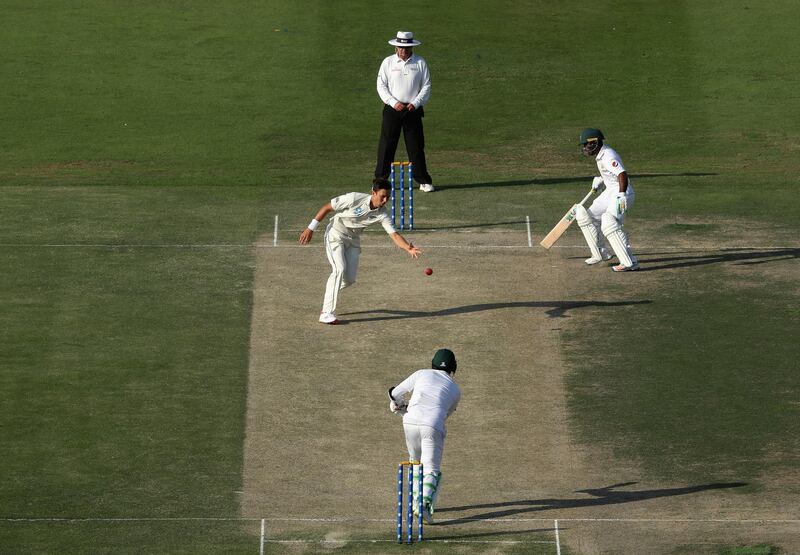There’s something wonderful about test cricket when a side on the cusp of losing ends up with a spectacular turnaround to snatch victory. It’s this that has kept the longer format of the game going for nearly 150 years, despite the many naysayers who have pushed for four-dayers, instead of the customary five, or even a one innings contest in the face of dwindling spectators at some venues.
Pakistan and the West Indies almost always feature in these bizarre games, the latest one included (Pakistan vs New Zealand). A seemingly easy target became a nightmarish scramble for just 30-odd runs to claim a win.
Add to this the many thrillers that have entertained cricket lovers at great ovals and the gentleman’s game survives again, despite the scandals, the bets, the deaths, some suspicious (Bob Woolmer) and the racism that robbed so many players (particularly in South Africa) of the opportunity to ply their trade.
Cricket now features players born in other countries and qualifying to play for their adoptive ones. The multifaceted, multinational make-up of match wherein a Pakistani faces another, but on opposite sides, makes the game a truly global contest. Long live test cricket.
AR Modak, Johannesburg
More must be done to heal the wounds of the Yazidis
I write in reference to your article Yazidi women deserve to see real justice delivered (December 3): the plight of Yazidi women in conflict-hit Iraq is such a tragedy and deserves considerable global attention.
The Yazidis faced a gruesome situation when militant groups, in particular ISIS, invaded their villages and tortured and killed many members of their community, mainly elders and innocent women and children. Theirs are some of the most horrifying cases of the extreme suffering that has accompanied wars in Iraq and across the Middle East.
The upsetting reality is that their misery shows no sign of ending, even after their release from captivity or after their ordeals come to an end. The most painful situation is that of children and minors who, instead of receiving their mothers’ affection, are growing up witnessing the horrors of war. The world appears to be helpless in identifying the culprits and bringing them to to justice.
As another year draws to an end, Nobel peace prize winner and Yazidi activist Nadia Murad and her campaigns for the victims of human trafficking cannot be forgotten. Let us hope for more youth-led resistance movements like hers. There should be more civilian and social involvement to heal the wounds of the Yazidis, which they will carry throughout their lives.
Ramachandran Nair, Muscat
Qatar’s pullout will have little impact on the rest of Opec
I refer to your article Qatar will withdraw from Opec on January 1 (December 4): I think the organisation will continue with its work apace, despite this setback.
Name withheld by request





